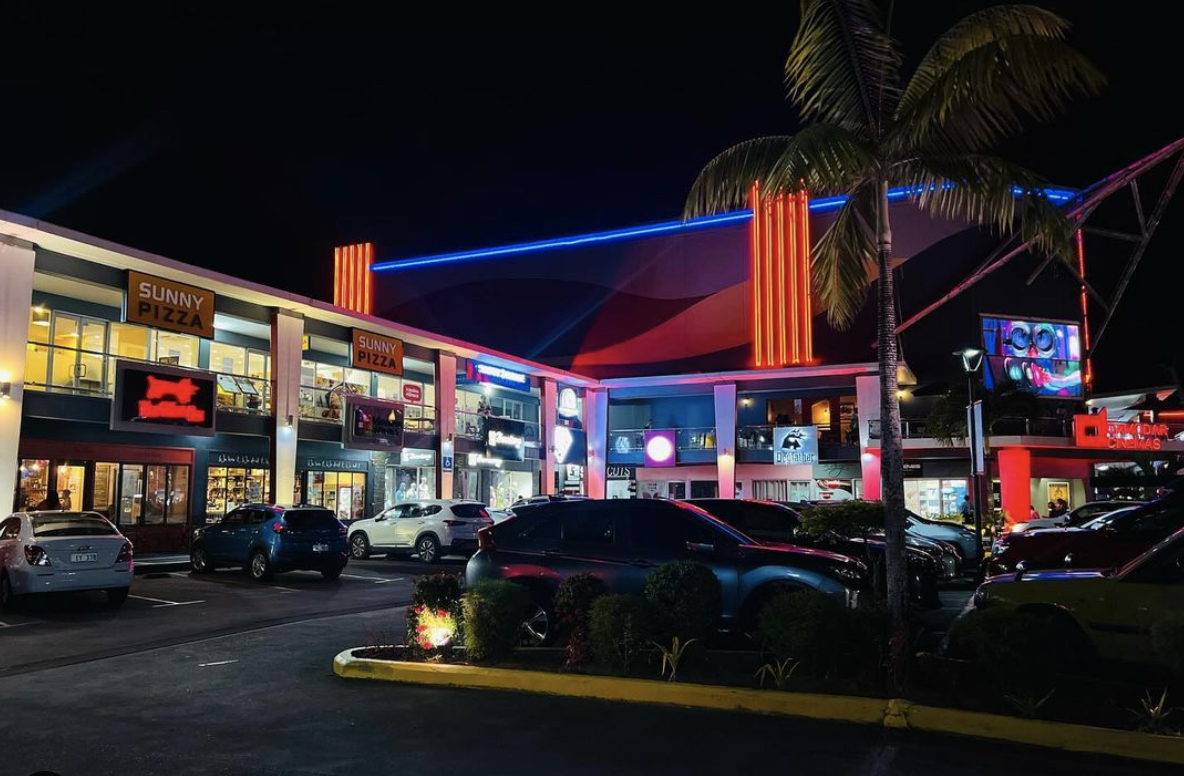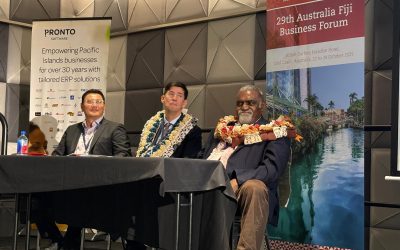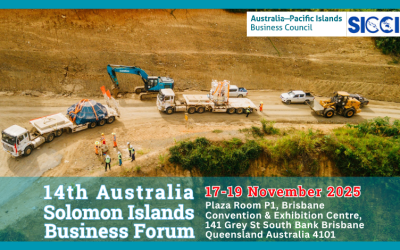Fiji’s retail sector is undergoing a significant transformation, with major developments reshaping the shopping landscape in key urban centres like Suva and Labasa. This growth is a reflection of broader economic and urbanisation trends, aimed at catering to the evolving consumer demand for modern retail experiences while contributing to the country’s economic modernisation.
Suva, as the capital and largest city, continues to lead the retail expansion with several new developments. Existing shopping centres, such as the MHCC Mall and TappooCity, have played a pivotal role in meeting the growing middle-class demand for a wider variety of products and brands. These malls offer everything from clothing and electronics to groceries and entertainment, providing a more diverse shopping experience for Fijians. Recent investments in retail infrastructure have further solidified Suva’s position as a central shopping destination, helping to attract international brands and boost the local economy through increased consumer spending.
Similarly, in Labasa, located on the northern island of Vanua Levu, retail development is beginning to take shape. Traditionally an agricultural economy, Labasa is now embracing urbanisation with modern retail spaces being developed to serve both locals and visitors. The expansion of retail infrastructure is a strategic move to make Labasa more competitive with Suva and other urban centers, reflecting the broader trend of economic growth in the northern region. This development aligns with the government’s goal of enhancing infrastructure and stimulating economic activities across Fiji.
A key player driving this transformation is the Damodar Group, which is spearheading several high-profile projects. One of the most anticipated is the Arts Village Project in Pacific Harbour. with the indigenous Yatu Lau Group This mixed-use complex combines retail, entertainment, dining, and cultural spaces, offering a unique blend of traditional Fijian arts and crafts alongside modern retail outlets. The project is expected to attract both tourists and locals, positioning Pacific Harbour as a new cultural and commercial hub.
The Damodar Group is also expanding into Vanua Levu, where new shopping centers in Labasa are being developed. These centers will feature a mix of local vendors and international brands, contributing to job creation and economic stimulation in the region. Such expansions signify a broader effort to modernise Fiji’s commercial landscape, making it more competitive in the Pacific region.
The continued development of retail spaces in Suva, Labasa, and other regions highlights Fiji’s evolving shopping landscape, bridging traditional commerce with modern retail experiences.



